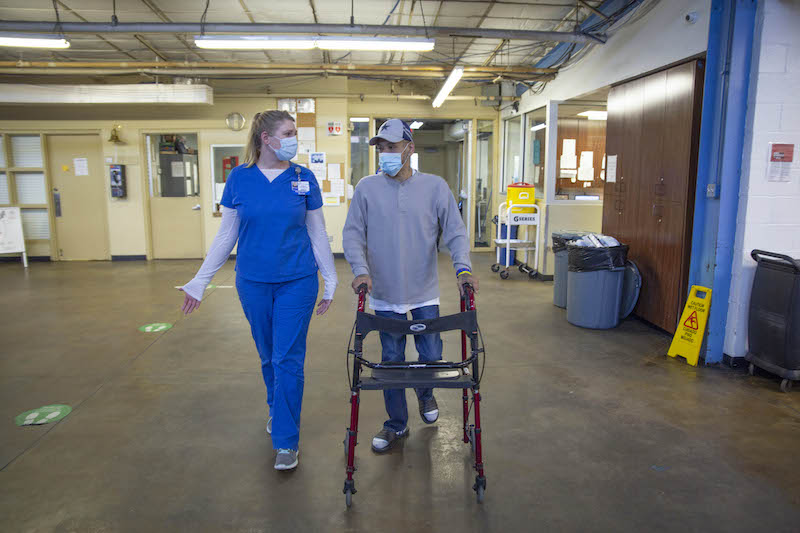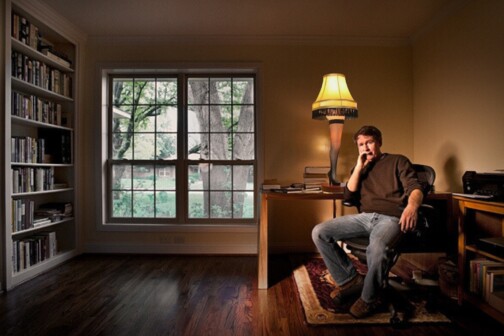Texas Health Presbyterian Hospital Dallas is partnering with Austin Street Center and CitySquare to provide short-term respite care for those with medical and behavioral health problems that have been treated at Texas Health Dallas.
The 24-month pilot program, called Health to Home, launched this fall and is meant to break the cycle of homelessness of those with chronic issues.
Individuals experiencing homelessness are often frequent visitors to the emergency room, which is the most expensive portion of the healthcare society. Without housing, it can be difficult to maintain physical and mental health. The readmission rate for homeless patients is 40 percent, and between 2017 and 2018, 11,500 patients experiencing homelessness visited Dallas hospitals, and 50 percent of those used the emergency room at least three times. The program’s goal is reduce homelessness and emergency room use simultaneously.
“Housing is a form of healthcare. We are proud to partner with Texas Health and Austin Street to be the permanent housing component in Health to Home,” said John Siburt, CitySquare President and COO. “CitySquare will provide these individuals with case managers to help them find employment, manage their primary care, and ultimately return to self-sufficiency once they recover.”
“Whether someone needs wound care after an injury, physical therapy following a surgery or behavioral treatment for depression, this program can help,” said Jim Parobek, president of Texas Health Dallas via release. “It will reduce healthcare costs, but this is really about the cost of homelessness. This program aims to reduce that burden and improve the lives of the people in our communities.”
Many of those experiencing homelessness are not paying for their healthcare, so reducing visits will reduce costs to the hospitals as well as the state’s bottom line. In 2016, the State of Texas spent $26 billion caring for those who couldn’t pay for their medical treatment.
The program can provide care like regular dialysis and a safe place to store medications. Austin Street Shelter has reserved 10 beds for those enrolled, and Texas Health staff screens candidates who need the services and staff the clinical team located at the shelter. The goal is for residents to be stabilized in the program for 30-45 days in order to be a better position for more permanent housing, which is arranged through CitySquare.
“It offers benefits at so many levels,” said Daniel Roby, CEO of Austin Street Center via release. “Through medical respite, we’re able to provide a more robust level of care to individuals while at the same time the hospitals are able to reduce preventable return visits to the emergency room recidivism and costs.”





